DNVN - Discussing the Draft Resolution on piloting policies to remove obstacles in science, technology and innovation activities on February 17, many National Assembly deputies agreed with increasing the investment budget, accepting risks in scientific research, and at the same time proposed additional solutions to remove barriers in financial mechanisms and administrative procedures.
Delegate Hoang Van Cuong (Hanoi) assessed that accepting risks in research is an important breakthrough in the Draft Resolution on piloting a number of policies to remove obstacles in science, technology and innovation activities.
“Oil and gas exploitation can take 10 drills to find oil, but scientific research is even more unpredictable. Accepting risks will help scientists feel secure in their creativity,” Mr. Cuong said.
In addition, Mr. Cuong highly appreciated the spending mechanism in the draft, which helps reduce the administrative burden for scientists. Currently, many researchers have to spend too much time on paperwork instead of focusing on research. Spending on spending is a big step forward to solve this problem.
Delegates proposed to remove the bidding regulations in selecting research topics, instead applying the ordering and assignment mechanism to ensure the continuity of important topics.
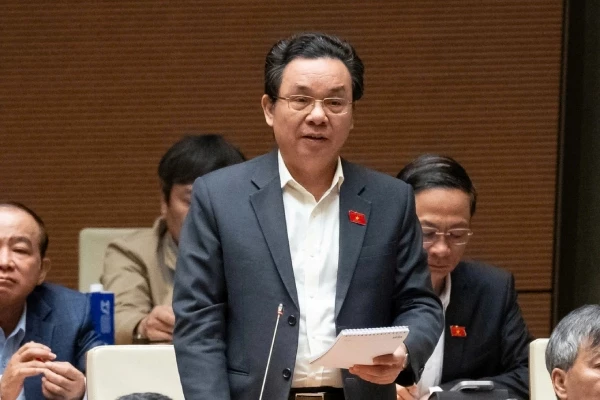
Delegate Hoang Van Cuong (Hanoi).
Agreeing with the view of accepting risks in research, delegate Pham Van Hoa (Dong Thap) said that it is necessary to clearly stipulate: "Civil liability should only be exempted if the research process is fully complied with according to the provisions of law, and should not be based solely on the contract between the parties".
In addition, delegates also warned of the risk of policy abuse. If a researcher fails too many times but continues to be assigned a topic, effectiveness and responsibility need to be reviewed.
Regarding the allocation of expenditures, Mr. Hoa suggested that the Government and the Ministry of Finance must have specific guidelines to avoid negativity. Currently, the settlement of research expenditures is too cumbersome, requiring detailed documents to the point of being impractical. This needs to be changed to provide more effective support for scientists.
Delegate Tran Khanh Thu (Thai Binh) proposed not to apply the bidding mechanism to the procurement of research materials. This could prolong the time, slowing down the research progress, while some special materials cannot be bid but must be ordered according to specific requirements. If not adjusted, administrative procedures will continue to become a major obstacle to research activities.
Meanwhile, delegate Nguyen Hai Nam (Hue) suggested that Vietnam should refer to the Venture Capital model like Israel. In this country, the State contributes 70%, the private sector contributes 30%. If the research is successful, the shares will increase in value; if it fails, the loss will be shared. This is a way to help scientific research reduce the burden of financial risks.
Delegates also proposed tax incentives for investors in scientific research to attract social capital.
Explaining the opinions of the delegates, Minister of Information and Communications Nguyen Manh Hung affirmed that reforming the financial management mechanism for scientific research; granting autonomy in research funding; and accepting risks in research are all issues that have been lingering for a long time.
The root of this problem is that the State avoids risks, so it sets out many complicated procedures, placing responsibility on research organizations. As a result, research facilities do not dare to accept large-scale, high-risk research such as basic research.
Therefore, the head of the Ministry of Information and Communications believes that it is necessary to change the approach in this resolution because the nature of research is risky, a form of high-risk investment. Therefore, this Resolution pilots a mechanism of spending on most research without committing to the final results. The State will manage through evaluating research stages to continue funding; evaluate research facilities with results to assign the implementation of further topics.
Minh Thu
Source: https://doanhnghiepvn.vn/cong-nghe/go-rao-can-trong-nghien-cuu-khoa-hoc-chap-nhan-rui-ro-va-khoan-chi/20250218080216280



































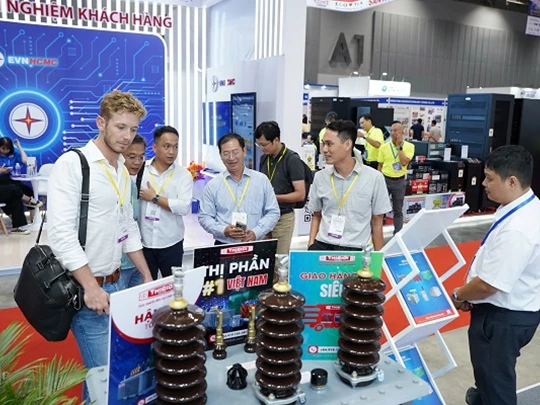

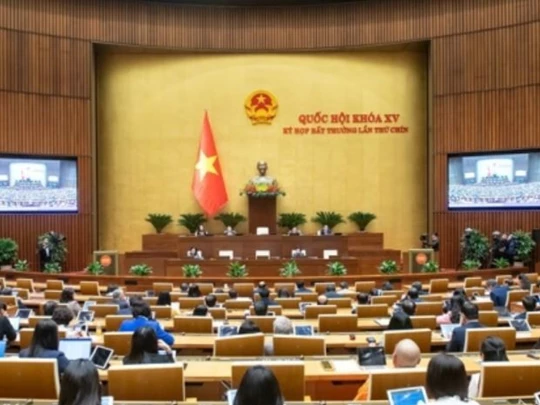




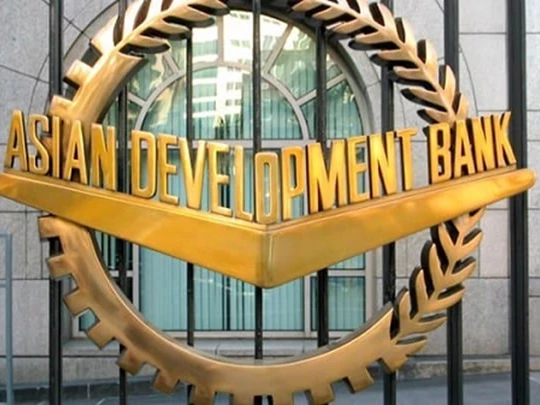
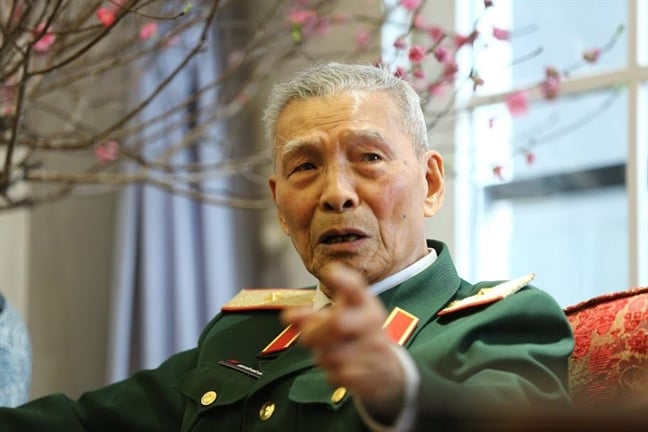











Comment (0)